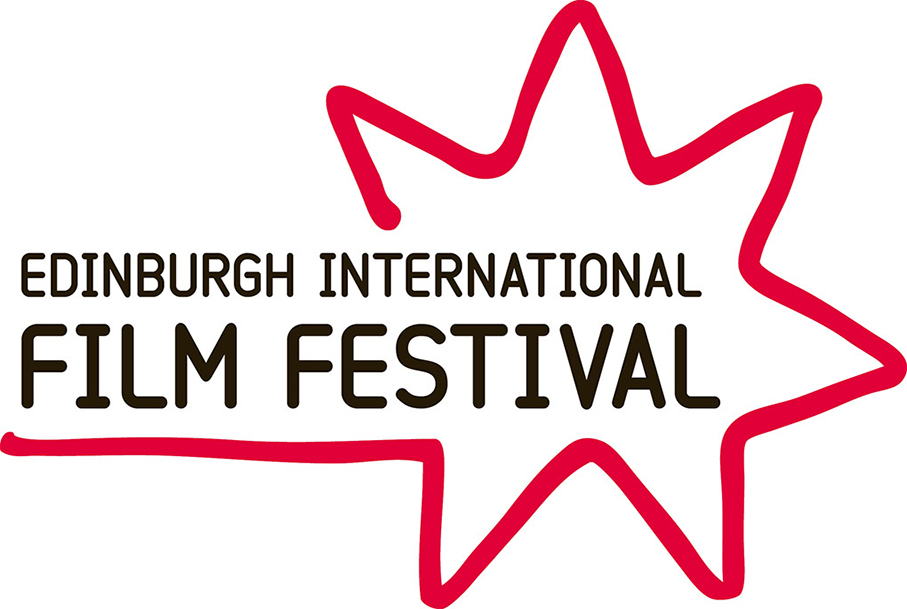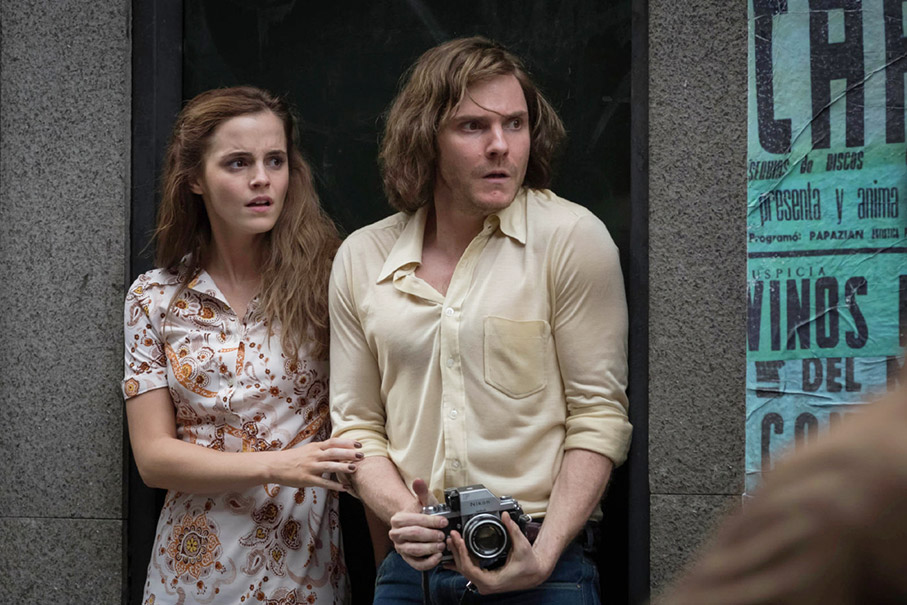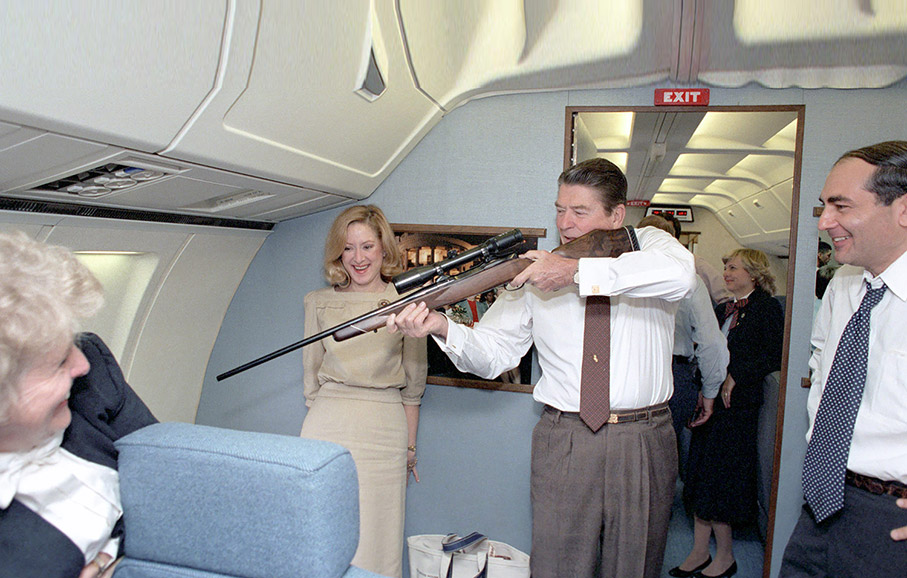
The Edinburgh International Film Festival is the world's longest continuously running film festival and grew from the Edinburgh Film Guild, itself the world's oldest continuously running film society. Launched in 1947 as the International Festival of Documentary, the festival was established by two Scots, both towering figures of world cinema: John Grierson, the founding father of the British documentary movement, and Forsyth Hardy, who was also instrumental in the creation of the British Film Institute and the Scottish Film Council.

Given that illustrious history, it seems fitting that the programme for the festival's 70th edition contains three films that consider one of the pivotal moments of the twentieth century: the CIA-backed military coup of 1973 that toppled Salvador Allende's democratically elected Popular Unity government. Carola Fuentes and Rafael Valdeavellano's Chicago Boys focuses on the cabal of University of Chicago scholarship students who would later use Chile as a laboratory for experiments in free-market fundamentalism, Florian Gallenberger's The Colony addresses the Pinochet dictatorship and the politics of torture in the form of a Hollywood weepie, while Johan Grimonprez's Shadow World usefully places Chilean fascism in the context of the global arms trade and US proxy wars in Latin America.
Chicago Boys is primarily built from archive footage and chilling interviews with the Chilean economists who fell under Milton Friedman's spell while studying in the US in the late 1950s. At a time ordinary Chileans were struggling with crippling levels of poverty and illiteracy, these privileged few had access not only to the best education money could buy but also to expensive cameras that they used to record their lucky lives in photographs and on Super 8 film. Consequently, we see the clean-cut boys partying hard and falling in love on campus in a series of early flashbacks. Initially, it's all disconcertingly bright and breezy but the film gradually darkens as they execute their Machiavellian plans to reverse the social advances achieved in the Allende years.
Among the architects of inequality interviewed is Sergio de Castro, main author of the voluminous economic blueprint know as el ladrillo ('the brick'), which he implemented as the dictatorship's finance minster and which would subsequently prove so attractive to Margaret Thatcher and Ronald Reagan. De Castro, like one after another of the Chicago Boys, denies all knowledge of the systematic torture and murder that underpinned Chile's so-called economic 'miracle'. By granting the likes of de Castro centre stage, Fuentes and Valdeavellano confine critical voices to the wings. This intelligently edited documentary provides a salutary reminder of the way hardline monetarism penetrated Chilean society before permeating the wider world, but its strategy of giving its protagonists sufficient rope to hang themselves has the unfortunate consequence of removing the Chilean people from the picture much as the Pinochet and the Chicago Boys did.
In German drama The Colony/Colonia Florian Gallenberger, too, plays fast and loose with fact and ensures the junta's 'disappeared' remain doubly absent. A Lufthansa stewardess (Lena/Emma Watson) voluntarily enters Colonia Dignidad (the concentration-camp-cum-cult-community used as a torture centre by the Pinochet regime) to rescue her lover (Daniel/ Daniel Brϋhl) after he is imprisoned there in the wake the 9/11 coup. I wrote at length on that colony and the barbaric forms of torture deployed there in my review of Patricio Guzmán's Nostalgia for the Light, so need not gloss it here. I was delighted to hear of the film's subject matter but angered and disappointed by the way it handles it. Although the film begins promisingly, with archive footage and credible recreations of political rallies, it almost immediately becomes apparent that Gallenberger has bitten off more than he can chew. Daniel, who has flown in from Germany to defend the revolution, is distributing leaflets at a rally when Lena spots him from her hotel bus and the couple are reunited (cue strings) in moth-eaten melodramatic fashion.
This is the first of many moments in the film where credulity is stretched beyond breaking point and that makeone wonder what the hell motivated Gallenberger to turn horrific historical circumstances into schmaltzy, cliché-saturated farce. Perhaps he hoped this occasionally tense, overwhelmingly ludicrous tale of incarceration and escape would spread knowledge and increase understanding (the need is clearly there: the festival's Artistic Director writes in his programme notes that Daniel is 'involved in anti-Allende protests'). Maybe he hoped that by recreating the 'real life' German Christian community of Colonia Dignidad and by stressing its connections with the Pinochet regime and ex-Nazis like Paul Schäfer (Michael Nyqvist) the film would resonate with his compatriots.
No matter what Gallenberger's motives were, he should be pilloried for his crassly exploitative use of political realities, his lazy depiction of cartoon reactionaries and radicals, and his tasteless decision to force the ordinarily excellent Brϋhl to mimic the mental health problems Daniel feigns in order to survive. This artless film cannot decide whether it wants to be a love story, a concentration camp survival tale, a jailbreak prison thriller, a historical drama or a dystopian satire, so settles instead for being an unintentionally comic mish mash of genres and is, ultimately, more tragedy than farce.

After watching Gallenberger's asinine attempt to replicate political realities, Johan Grimonprez's impressively ambitious, elegantly structured documentary Shadow World made for refreshingly intelligent viewing that was enraging in all the right ways. Although conventionally structured around archive footage and to-camera interviews just as the comparatively feathery Chicago Boys is, it makes more forceful use of far more splendent material, feels more deeply felt and is, therefore, more deeply moving.
In the film's opening sequences, the heart-warming symbolism of the Christmas truce in the trenches and on the Eastern front is contrasted with the startling revelation that the carnage of the First World War created 21,000 new millionaires in the US alone. Grimonprez insists that war is the health of capitalism, picks apart the military industrial complex, and establishes the links between privatisation and profiteering. From the Iran-Contra affair to the BEA scandal, the wars in Afghanistan and Iraq to proxy wars in Latin America, Haliburton to Lockheed Martin, dumb-dumb bullets to drones, Shadow World charts the insidious, pernicious and self-perpetuating ways the global arms trade damages democracy and destroys social justice. Grimonprez selects his evidence carefully and calls upon eloquent witnesses such as Robert Fisk and Seymour Hersh to marshal irrefutable proof of the spectacular scale of bribery and corrupt lobbying in the UK and US and delineate the undue influence the anti-democratic masters of war have on domestic and foreign policy.
Grimonprez does more, though, than dot the 'i's and cross the 't's of abuses of power. He also traces the countervailing power of dormant political dreams and hopes. A defiant, battle-hardened activist in El Salvador notes that the extracting oligarchs she defiantly continues to fight plunder from the people as well as the earth. She says mournfully, 'Even your dreams get colonised', while a writer in Beirut talks of those dreams having being 'assassinated'. The film is enormously enhanced by the lyrical commentary of the late, great Eduardo Galleano, author of The Open Veins of Latin America. He says: 'The twentieth century, born proclaiming peace and justice, died bathed in blood, and passed on a world much more unjust that the one it inherited.' Although the new century seems to be heading in the same direction, he is sanguine about the future. The dreams of previous generations did not vanish into the ether, they remain here on earth, locked in each of us. A different future is possible. Not since Eugene Jarecki's Why We Fight and Armand Patwardhan's War and Peace has a documentary more persuasively and powerfully presented argued the case for accountability and transparency, peace and justice. |